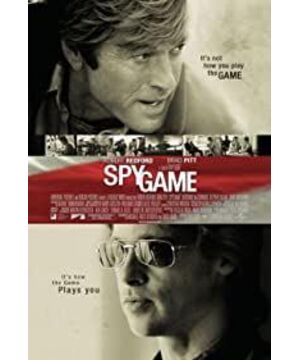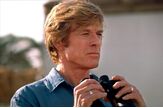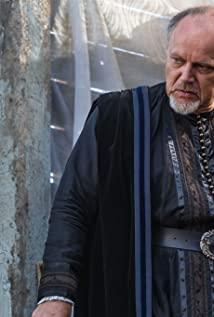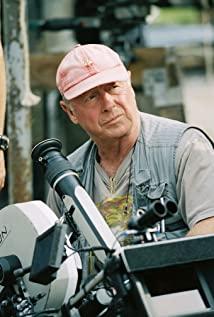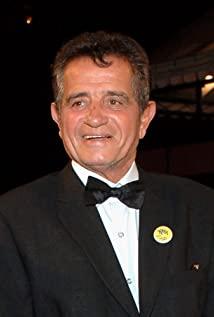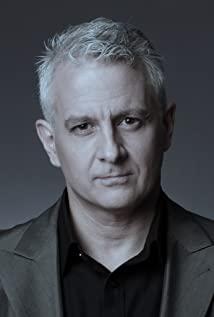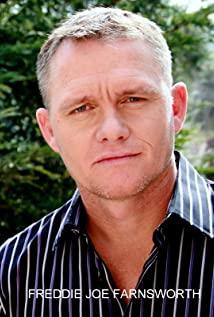The biggest problem with the film is not the China place called Su Chou; it's the narrative style. According to Tony Scott's consistent performance methods, it is usually fast paced and high frequency that cannot be released, and the climax is steady and slightly slow, and then the climax will intensify the contradiction between the characters and keep the audience's adrenal glands high. But in this film, this style is broken by the messy narrative. It is true that the narrative style is a "change" as stated in the first paragraph, and this style subverts Tony's traditional positive sequence; but Tony also The price paid is that the story gradually loses its tension in the fast-slow-fast-slow rhythm. Each military action is of course rhythmic, but each connection is not enough, and each delay causes the entire film to lack a unified style and become completely isolated chapters. Although Uncle Pete's performance spanned a quarter of a century, it was very paper-based, and the whole character lacked sufficient depth; although the old detective was always "wise" and "organized", it lacked the traction to drive the rhythm. The whole film seems to be a heroic documentary. Through the dialogue between several characters, it sorts out the "brilliant life" of a hero who is about to become a victim of the government. Fortunately, he was rescued in the end, and of course everyone was happy.
I still want to talk about a little bit of detail. As a 2001 film, although it is a retrospective of the country called China in the early 1990s, it is not as popular as the 1970s with the popularity of traditional Chinese characters, large-character posters all over the wall, and military attire; the most powerful is of course Cantonese. , the place called Su Chou, according to the markings on the military map, should not be a popular Cantonese area near Shanghai, and I don’t believe it is Suzhou, because Suzhou is not Nantong, there is no sea so close, and it is far from Chongming Island or Zhoushan Islands. Not that close either. Quan Dang is the director who constructed a place called China to imitate China in the 1970s, and created a Cantonese city called Su Chou. He also bribed the manager of the power plant to create a great rescue. But for Tony, it's a pity to remember China like this - let alone 2001.
View more about Spy Game reviews


